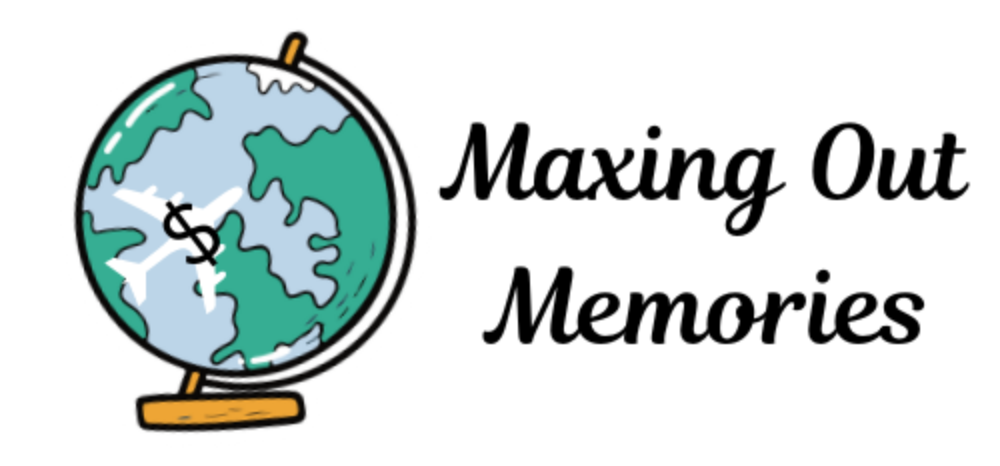Start following these tips and you could be staring up at the Eiffel Tower soon! Photo by Evan Berman
Raise your hand if you dream of incredible travel and preparing for financial success but have questions about how to achieve both goals. Thanks for raising your hand, you can put it down now!
Many websites address personal finance or how to travel the world for less. I believe that the two should be thought of together. This blog will be a guide to making your travel dreams a reality while ensuring you are financially prepared both now and for the future.
What is Travel?
The basic concept of planning travel is this: you hope to visit certain places, but you do not live there so you need to 1) find a way to get there, 2) figure out what to do while there, 3) bring the items that you will need while you are there, and last but certainly not least 4) budget how much money you will need to spend in total on this trip. Though the trip may differ, this is always what you do when travelling.
You Need Personal Finance to Travel
So how does personal finance relate? Well, point 4 above certainly requires it. You probably know how much money you have in your bank account (or at least a general range such as $5,000-$6,000 or $200-$300.) and you may know how much you earn as you likely have a salary and know when the direct deposit hits your bank account. But do you know how much you spend? And how much should you be saving?
Experts debate this constantly and this may change over time. But regardless of what the goal is, it is essential to know how much money you earn, spend, and save. This can be a little frightening for some but isn’t it better to know than hope for the best? And don’t worry, it’s not necessary to be a finance major to build a budget!
Budgeting: the Best Way to Check Your Progress
A budget shows how much money you earn in a period of time (usually one month, but it can be more or less), how much you spend, and how much you save. At a minimum, you should list:
- What your income is, after-tax (i.e. when you get your direct deposit, how much hits your bank account?),
- How much do you pay in rent/mortgage (including utilities, property taxes, and maintenance if you have these expenses),
- How much do you spend on food (you might want to break this out into groceries and restaurant if you both cook and eat out frequently),
- How much do you spend on entertainment (everything from sports and concert tickets to Bud Lights and Fireball shots),
- How much is your insurance and how often do you pay it,
- How much do you spend on purchases (everything from the internet bill and streaming services to Walmart, Amazon, and department stores).
- Additionally, if you have any debt (student debt, car payment, etc.), identify that as well.
There are a few free programs that make it easy to do this. I use Mint to track my credit card purchases and bank account balance. Once a month, I download the Excel document and add the transactions into my budgeting Excel file. If you just want a quick status-check, here is an example of a simple budget that you can use. Once you know this information, you can tell what your current financial status is– do you need to save more/spend less or are you doing well?
In the linked Google Sheets file above, download the file and change the numbers to your own values. If you don’t know, just estimate! Let’s say you have the following scenario:
- Earn $2,200 a month (post-tax)
- Rent for $800 a month with an extra $75 in utilities
- Spend $500 a month on food, $320 a month on entertainment, and $40 a month on other purchases.
- Additionally, you pay $500 for your car insurance every six months ($83.33 a month is set aside so you don’t have to worry about coming out of pocket for $500 when the payment is due)
- You are also repaying $200 of student loans a month.
That means you currently earn $181.67 a month more than you spend each month. After 3 months, you’d have an extra $545 towards travelling, splurging, or saving for an emergency. Great job!
If instead you earn $1,900 a month, then you spend $118.33 a month more than you earn. Uh-oh, time to cut back on expenses or else you’re going to run out of money!
The Takeaway:
This is the first step on your way to that beautiful vacation you’ve been dreaming of but remember to update this once a month so you know if you are still on the right track or need to cut back.
Stay tuned, I’m going to show you how changing nothing other than the payment method can get you on the way towards an incredible destination: Points Travel Land!



0